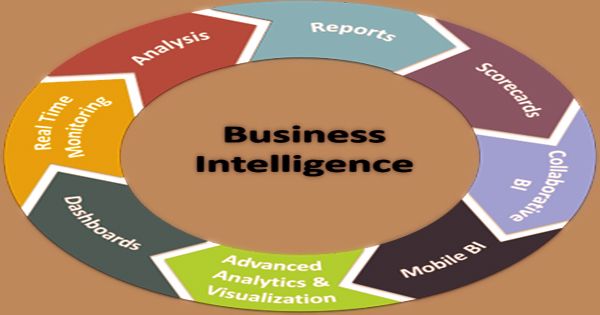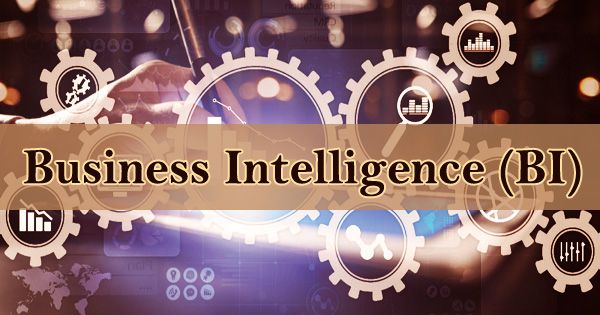Business intelligence (BI) refers to the procedural and technological infrastructure that gathers, stores, and analyzes the information generated by the operations of an organization. Common capabilities of business intelligence technology include reporting, on-line analytical processing, analytics, dashboard development, facts mining, procedure mining, complex occasion processing, business overall performance control, benchmarking, textual content mining, predictive analytics, and prescriptive analytics. BI is a broad term that analyzes all data generated by an organization and provides reports, performance metrics, and trends that guide management decisions that are easy to digest.
The term business intelligence (BI) regularly additionally refers to a variety of gear that provides brief, clean-to-digest get admission to insights about an employer’s current country, based totally on to be had statistics. BI technology can take care of big amounts of structured and every so often unstructured statistics to help perceive, increase, and otherwise create new strategic business possibilities. These systems can typically demonstrate business intelligence in the fields of consumer profiling, customer service, market research, market segmentation, the profitability of goods, statistical analysis, and, to name a few, inventory and distribution analysis.

Business Intelligence (BI)
Business intelligence (BI) may be utilized by enterprises to support a huge variety of enterprise choices ranging from operational to strategic. The need for BI turned into derived from the idea that managers with erroneous or incomplete facts will tend, on average, to make worse choices than if they had better information. BI is most successful when it incorporates data from the market in which a corporation operates (external data) with data from internal company sources, such as financial and operational data (internal data). Financial model designers recognize this as “garbage in, garbage out.” By evaluating current data that is ideally displayed on a dashboard of fast metrics designed to help better decisions, BI attempts to solve this problem.
While combined, external and inner statistics can provide an entire photo which, in impact, creates an “intelligence” that cannot be derived from any singular set of records. Maximum groups can advantage from incorporating BI solutions; managers with faulty or incomplete data will have a tendency, on average, to make worse selections than in the event that they had higher statistics. Business intelligence software is developed with the primary objective of extracting important data from the raw data of an enterprise to discover information to help a company make quicker and more precise decisions. Business intelligence tools allow companies to gain insight into new markets, analyze the demand and suitability of goods and services for various consumer segments, and quantify the effect of marketing activities across myriad applications.
To be useful, BI needs to are searching for to boom the accuracy, timeliness, and amount of information. Although enterprise intelligence does now not tell commercial enterprise customers what to do or what will manifest in the event that they take a sure direction, neither is BI totally approximately producing reviews. Business intelligence is said to have originated from the decision support systems (DSS) that started in the 1960s and grew in the mid-1980s, as it is understood today. Alternatively, BI offers a manner for people to examine data to apprehend trends and derive insights via streamlining the effort had to search for, merge, and question the facts important to make sound enterprise decisions.
There are several reasons why businesses are embracing BI. Usually, the platform incorporates data from around the enterprise and offers self-service reporting and analysis to end-users. It is used by many to help roles as diverse as recruitment, enforcement, manufacturing, and marketing. BI is a key business value; finding a business field that does not benefit from better data to work with is challenging. It is possible to define business intelligence ( BI) as systems which combine:
- Data gathering
- Data storage
- Knowledge management
With analysis to evaluate the complex company and competitive data for presentation to planners and choice makers, with the goal of improving the timeliness and the first-class of the input to the choice method. BI software makes use of a number of analytics features such as statistics, information, and textual content mining, and predictive analytics to reveal styles and turn statistics into insights. Since incorporating BI in their business models, some of the many advantages businesses will experience include quicker, more precise reporting and analysis, improved data quality, higher employee satisfaction, decreased costs and increased sales, and the opportunity to make better business decisions.
Information Sources:
















